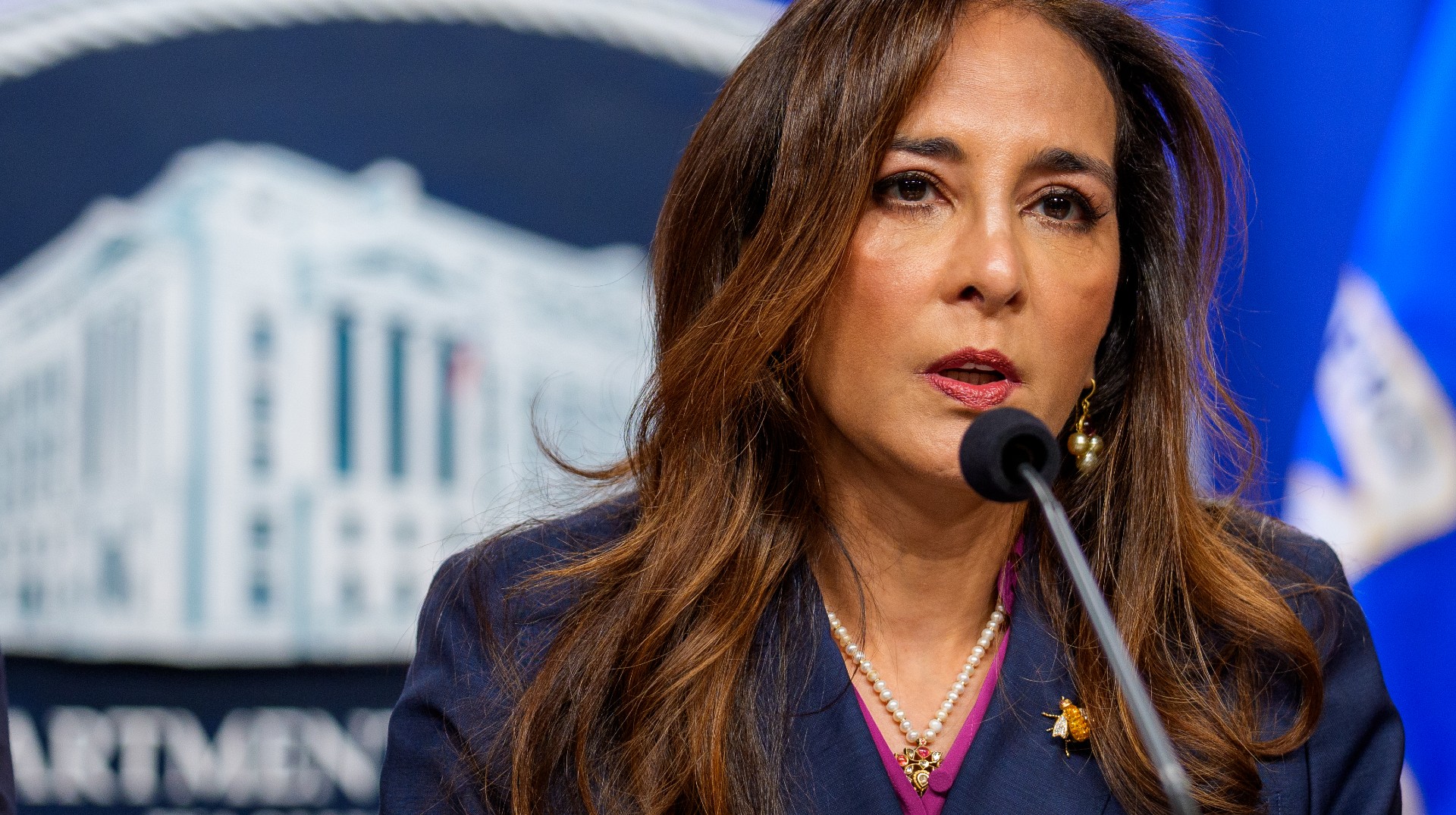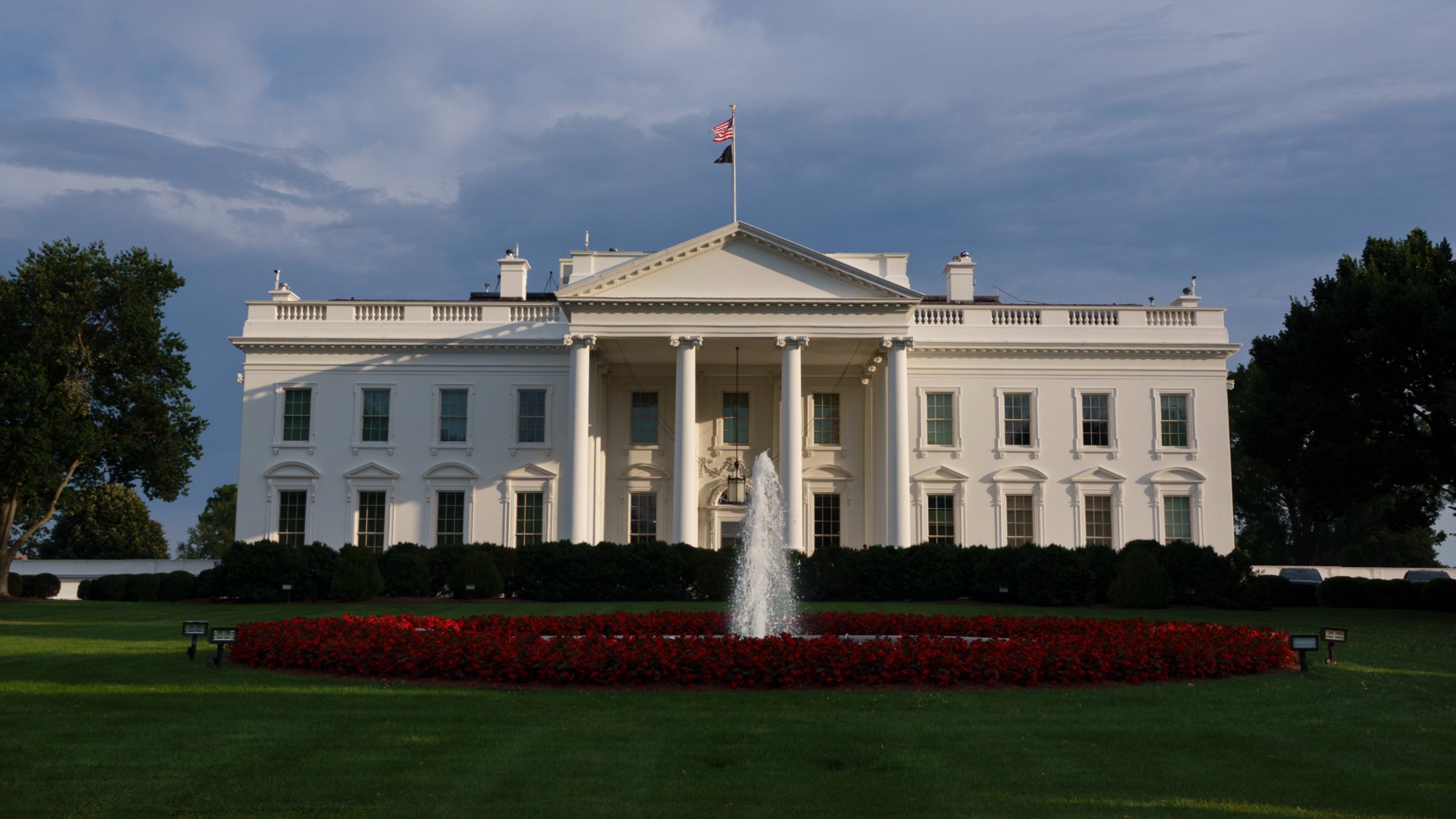What are the arguments to end the coronavirus lockdown?
Cabinet ‘hawks’ and commentators say measures threaten economy and civil liberties

A free daily email with the biggest news stories of the day – and the best features from TheWeek.com
You are now subscribed
Your newsletter sign-up was successful
Pressure is growing on the government to begin the process of lifting the coronavirus lockdown, as cabinet “hawks” argue that it’s time to act.
The Guardian says the “hawks” include Chancellor Rishi Sunak, Cabinet Office Minister Michael Gove, and Trade Secretary Liz Truss. All three are “raising concerns about the impact of a lengthy shutdown on the economy,” the paper says.
Economic concerns are the cornerstone of arguments for ending the lockdown sooner rather than later.
The Week
Escape your echo chamber. Get the facts behind the news, plus analysis from multiple perspectives.

Sign up for The Week's Free Newsletters
From our morning news briefing to a weekly Good News Newsletter, get the best of The Week delivered directly to your inbox.
From our morning news briefing to a weekly Good News Newsletter, get the best of The Week delivered directly to your inbox.
Sunak has presented to ministers projections for the extent of business bankruptcies, unemployment and the gravity of the recession. Truss has argued that restoring global trade as quickly as possible is vital for the nation’s economic stability.
–––––––––––––––––––––––––––––––For a round-up of the most important stories from around the world - and a concise, refreshing and balanced takeon the week’s news agenda - try The Week magazine. Start your trial subscription today –––––––––––––––––––––––––––––––
Other Tory MPs have joined the chorus. Former environment secretary Theresa Villiers said that the economic damage of the lockdown could become “catastrophic”.
She argued: “It's so vital that we do find a way to let the economy start to come out of what is effectively a medically induced coma.”
A free daily email with the biggest news stories of the day – and the best features from TheWeek.com
The hawks also argue that there are negative impacts on health from a prolonged lockdown. A government adviser said the “public health consequences” of the restrictions include an uptick in domestic abuse and data showing that recessions cause an increase in deaths.
“Remember that if we stay locked down, this is having vital real-life consequences as well and we can lose thousands of lives through recession too,” said the adviser.
Yesterday, the Office for National Statistics reported deaths from non-coronavirus causes has increased, suggesting the lockdown may be having an indirect impact on health.
Another argument put forward is that the UK is already through the worst of the coronavirus. Carl Heneghan, director of the centre for evidence-based medicine at Oxford University, argues that the restrictions are no longer necessary and that a continued lockdown is “going to outweigh the damaging effect of coronavirus”.
Speaking to the Daily Mail, he claimed that deaths peaked on 8 April, and that the rate of infection peaked 21 days before that. He said that the government “has failed to look at all the data and understand when the peak of infections actually occurred”.
Finally, there is a civil liberties dimension. Peter Hitchens, a longstanding sceptic of the measures, wrote in the Mail on Sunday that “the government are trying to get us to accept a far higher level of state intrusion in our lives than we have ever endured” and “treating us as if we were unruly children”.
This proposition was bolstered when the UK justice secretary Robert Buckland told the parliamentary select committee for human rights that the “very nature of the measures” needed to stop coronavirus was curtailing rights. However, Buckland added that the measures also uphold the right to life.
-
 Political cartoons for February 21
Political cartoons for February 21Cartoons Saturday’s political cartoons include consequences, secrets, and more
-
 Crisis in Cuba: a ‘golden opportunity’ for Washington?
Crisis in Cuba: a ‘golden opportunity’ for Washington?Talking Point The Trump administration is applying the pressure, and with Latin America swinging to the right, Havana is becoming more ‘politically isolated’
-
 5 thoroughly redacted cartoons about Pam Bondi protecting predators
5 thoroughly redacted cartoons about Pam Bondi protecting predatorsCartoons Artists take on the real victim, types of protection, and more
-
 ‘The forces he united still shape the Democratic Party’
‘The forces he united still shape the Democratic Party’Instant Opinion Opinion, comment and editorials of the day
-
 ‘Those rights don’t exist to protect criminals’
‘Those rights don’t exist to protect criminals’Instant Opinion Opinion, comment and editorials of the day
-
 How corrupt is the UK?
How corrupt is the UK?The Explainer Decline in standards ‘risks becoming a defining feature of our political culture’ as Britain falls to lowest ever score on global index
-
 The high street: Britain’s next political battleground?
The high street: Britain’s next political battleground?In the Spotlight Mass closure of shops and influx of organised crime are fuelling voter anger, and offer an opening for Reform UK
-
 DOJ targets ‘disparate impact’ avenues of discrimination protection
DOJ targets ‘disparate impact’ avenues of discrimination protectionIN THE SPOTLIGHT By focusing solely on ‘intentional discrimination,’ the Justice Department risks allowing more subtle forms of bias to proliferate
-
 Is a Reform-Tory pact becoming more likely?
Is a Reform-Tory pact becoming more likely?Today’s Big Question Nigel Farage’s party is ahead in the polls but still falls well short of a Commons majority, while Conservatives are still losing MPs to Reform
-
 Taking the low road: why the SNP is still standing strong
Taking the low road: why the SNP is still standing strongTalking Point Party is on track for a fifth consecutive victory in May’s Holyrood election, despite controversies and plummeting support
-
 Congress should 'step in' to block Trump's White House ballroom makeover
Congress should 'step in' to block Trump's White House ballroom makeoverInstant Opinion Opinion, comment and editorials of the day